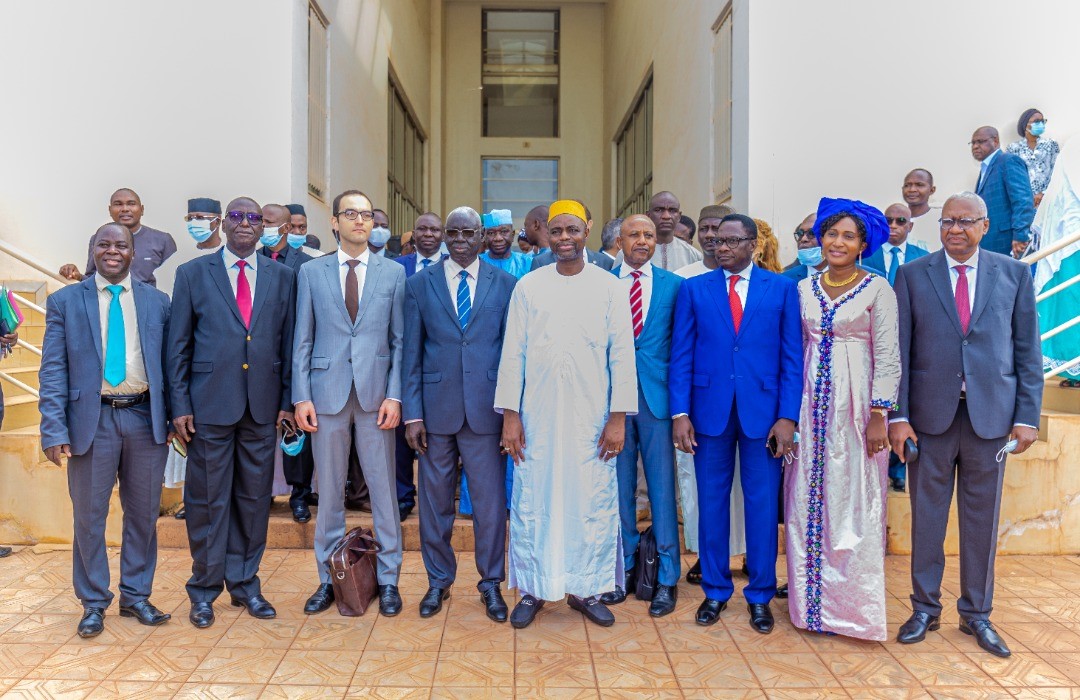
Bamako hosted a pivotal national forum aimed at equipping Malian magistrates with an in-depth understanding of recently enacted legal reforms.
The focus was on three critical texts that reshaped the country’s judicial landscape: the new Penal Code, the Code of Criminal Procedure, and the Law on the Organization of the Judiciary—all promulgated in December 2024.
Officially opened by Minister of Justice and Human Rights Mamoudou Kassogué, the training initiative was spearheaded by his ministry in partnership with the International Labour Organization (ILO) and supported by international collaborators including the United States Embassy in Mali.
Over the course of three days, magistrates from Bamako and other regions engaged with legal experts to discuss the practical implications of this comprehensive overhaul.
These new laws mark a significant departure from the previous framework. The Penal Code has more than doubled, expanding from 328 to 702 articles to encompass newly defined offenses such as slavery, environmental crimes, cybercrime, and gender-based violence.
Meanwhile, the Code of Criminal Procedure has nearly doubled in length—from 634 to 1,373 articles—introducing modern procedural safeguards, enhancing defense rights, and establishing specialised jurisdictions. The Judicial Organization Act redefines court jurisdictions and aims to improve access to justice, especially in rural communities.
These reforms are designed to align Mali’s legal system with contemporary criminal challenges, uphold international commitments, and reinforce the protection of fundamental rights.
The forum’s primary objective was to ensure consistent interpretation and application of the new laws nationwide. Key discussions centred on understanding new offenses, integrating them into existing procedures, and addressing implementation hurdles.
In his opening remarks, Minister Kassogué stressed that “justice is at the heart of social peace and sustainable development,” underscoring the critical role of ongoing training for magistrates during this transition. The attendance of the United States Ambassador and the United Nations Resident Coordinator underscored international backing for Mali’s judicial reforms. The ILO also highlighted the significance of this step in advancing the rule of law and combating modern forms of slavery.



